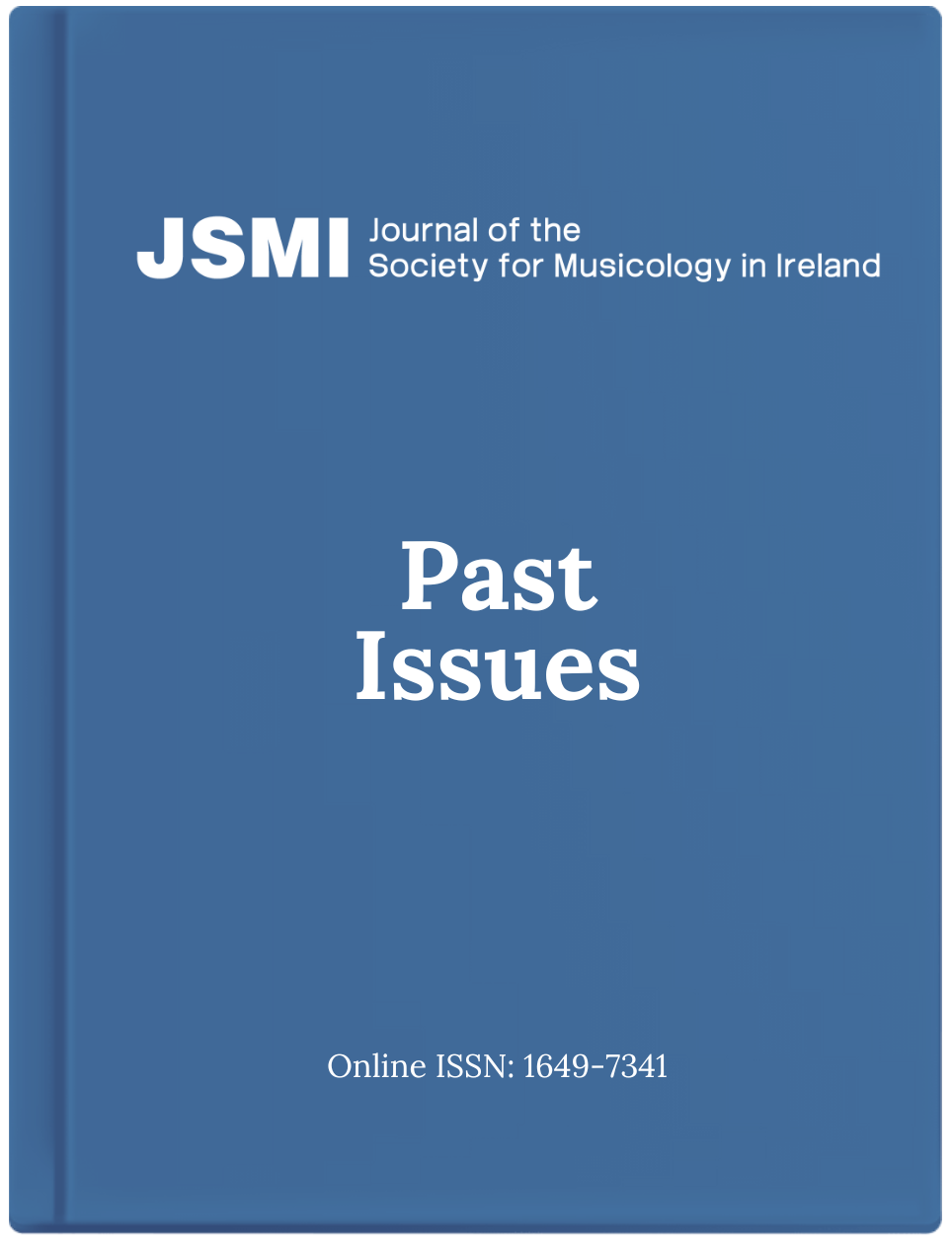Piano Lessons in the Office: Playing to Be/Come Alive
DOI:
https://doi.org/10.35561/JSMI20245Keywords:
pianos, interiority, inspiration, interpretative psychological analysis, community, sanctuary, therapeutic allianceAbstract
This phenomenological study investigates the experience of adults who learn the piano whilst working in a demanding professional environment unrelated to music. The context is a large law firm in the commercial district of London. There is considerable evidence that music making, including adults learning the piano or other instruments alone or with others, supports cognitive development, social skills, and mental wellbeing in diverse populations. There are also biographies and autobiographies for non-specialist audiences regarding the importance of pianos in the lives of public figures working professionally outside music. In contrast, this study looks in depth not at well-known individuals but rather at the collective experience of ordinary working people who devote hours of their time to improving their piano playing whilst being employed in skilled day jobs unrelated to music.
The decentering of the musical canon over recent decades, including away from interest in the piano, that most archly romantic of instruments, has significantly enriched mainstream musicology. However, this has been at the expense of taking new approaches to (apparently) familiar musical practices located close to home. The qualitative approach taken in this study, known Interpretative Phenomenological Analysis, redresses the balance. It suggests to music educators that there is much to be gained by preserving formal individual instrumental tuition in contexts where that is still possible. Additionally, the findings presented offer a preserving jar for (ethno)musicologists who might in future want insight into a specific aspect of 21st-century amateur music making that is fast being eroded.
Downloads
Published
Issue
Section
License
Copyright for articles and reviews published in this journal is retained by the authors, with first publication rights granted to the journal. By virtue of their appearance in this open access journal, articles are free to be used, with proper attribution, in educational and other non-commercial settings.
It is the responsibility of the author to secure (and, if necessary, pay for) written copyright permissions for the reproduction, in this online journal, of any illustrations, images, music notation, audio and video files, or any other copyright materials, that are included in the author's article.



